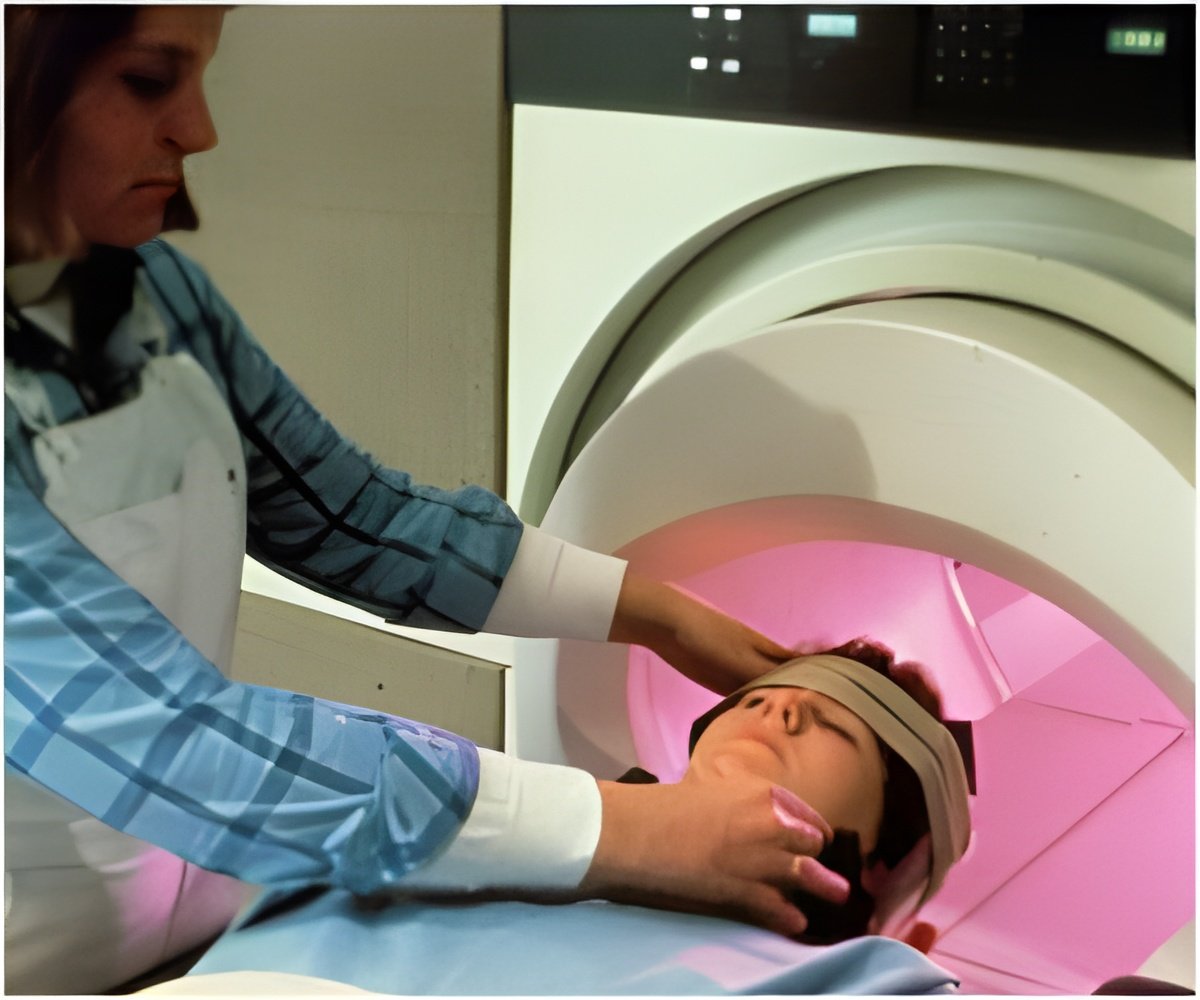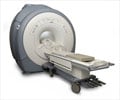Magnetic resonance imaging and neuropsychological tests benefit elderly patients with Alzheimer's disease, shows research.

In the older patients MRI scans and neuropsychological tests appeared to convey useful information, but CSF biomarkers and FDG-PET did not. The latter two techniques are informative only in younger patients. MRI scans and cognitive tests are not only helpful in distinguishing patients who are already demented from those who are not, but also in predicting who among older MCI patients will progress to dementia within a few years. Predictions based on CSF biomarkers may turn out to be right on the longer term, say five or ten years, in patients who live that long and become demented.
"But this long-term prediction is not what doctors, patients and families really need", says Willem A. van Gool, professor of neurology at the University of Amsterdam. "They want to know the causes of the symptoms, which made them seek help at a memory clinic, and they want to know what the prognosis is in a shorter time frame."
From a theoretical point of view these results underscore that dementia in the older elderly is not exactly the same as Alzheimer's disease in younger patients. It is probably a mix of disease mechanisms. At older ages vascular brain damage and degenerative processes other than amyloid accumulation, such as sclerosis of the hippocampus, are probably important contributors to the dementia syndrome. "At any rate", according to Van Gool, "research findings stemming from relatively young patient samples cannot readily be extrapolated to the vast majority of older dementia patients. In older persons with dementia the causes are more complex than mere amyloid-beta accumulation, and researchers have to address this complexity."
Ben Schmand, professor of clinical neuropsychology at the University of Amsterdam, stresses a practical implication for clinicians. "In MCI patients", he says, "particularly in older patients, it is not sufficient to base a diagnosis solely on a brief memory test, a MRI scan, and a lumbar puncture. Generally, a more thorough clinical evaluation will be necessary Cerebrospinal fluid biomarkers and PET scanning remain informative in relatively young patients."
Source-Eurekalert














